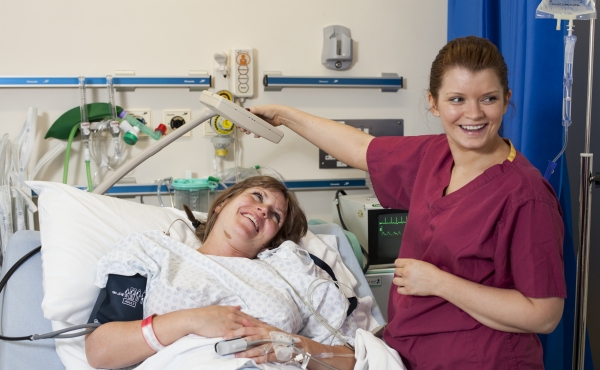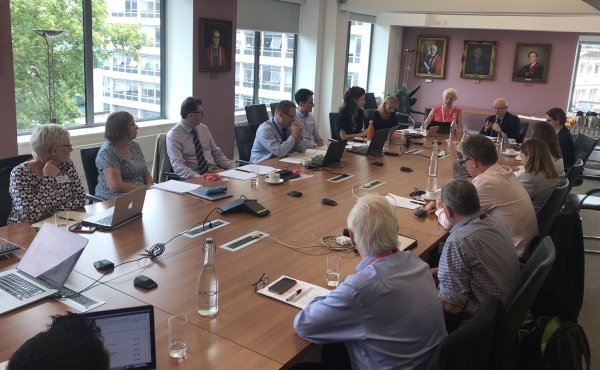CPOC Partners
A multidisciplinary collaboration
CPOC is comprised of healthcare professional organisations committed to the promotion and development of perioperative care in the NHS. You can read more below about each of the partners that make up CPOC, and visit their individual websites.
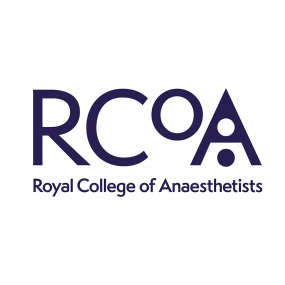
The RCoA is the third largest medical Royal College in the UK by membership and is the professional body responsible for the specialty of anaesthesia throughout the UK. Anaesthetists are the UK's largest hospital specialty; 16% of all hospital consultants are anaesthetists and over two-thirds of hospital in-patients will see an anaesthetist.

The Royal College of Surgeons of England is a professional membership organisation and registered charity, which exists to advance patient care. The RCS supports over 25,000 members in the UK and internationally by improving their skills and knowledge, facilitating research and developing policy and guidance.
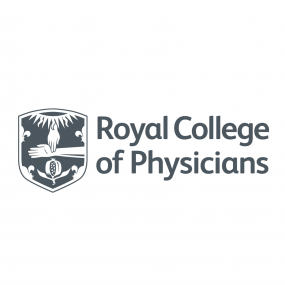
The RCP is a patient-centred and clinically led organisation whose core mission is to improve patient care and reduce illness. The RCP vision is for everyone to have the best possible health and healthcare, which it takes forward as the leading body for physicians in the UK and internationally.
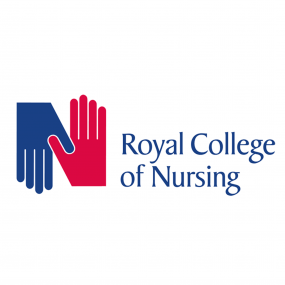
The RCN is the world’s largest nursing union and professional body, representing more than 435,000 nurses, student nurses, midwives and nursing support workers in the UK and internationally. It is both a professional body, carrying out work on nursing standards, education and practice, and a trade union, whose members work in a range of health care specialties and settings in the NHS and independent sectors.
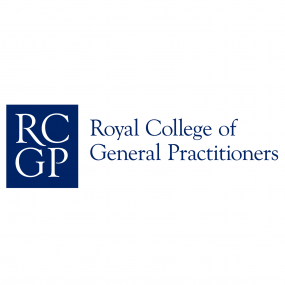
The RCGP is the membership body for over 50,000 general practitioners in the UK. Its purpose is to encourage, foster and maintain the highest possible standards in general medical practice. The RCGP supports GPs through all stages of their career, from medical students considering general practice, through to training, qualified years and retirement.
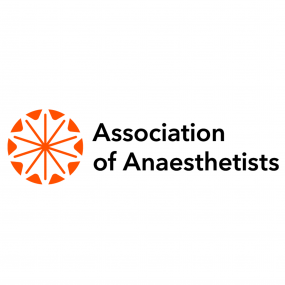
The Association of Anaesthetists represents the medical and political views of over 10,000 anaesthetists in the UK, Ireland and internationally. As well as supporting its members, the Association aims to advance and improve patient care and safety in the field of anaesthesia, and promote and support education, science and research in anaesthesia and its allied specialties.
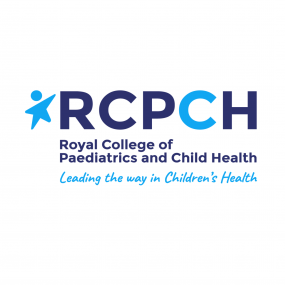
Founded in 1996 and now with about 19,000 members in the UK and internationally, the RCPCH plays a major role in postgraduate medical education, professional standards, research and policy. Their vision is a healthier future for children and young people across the world.
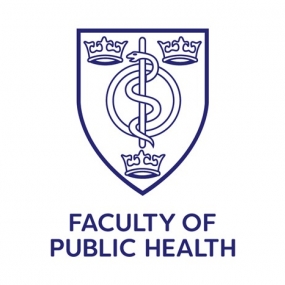
The Faculty of Public Health (FPH) is a membership organisation for nearly 4,000 public health professionals across the UK and around the world. We are also a registered charity. Our role is to improve the health and wellbeing of local communities and national populations.
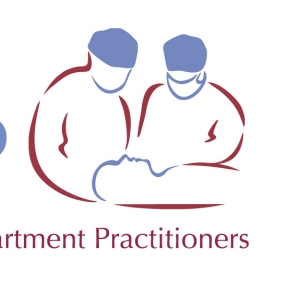
The College of Operating Department Practitioners is the professional body for Operating Department Practitioners (ODPs) – ODPs are registered Allied Health Professionals and are regulated by the Health and Care Professions Council (HCPC).
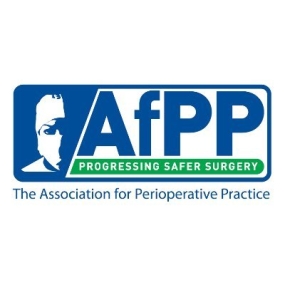
AfPP are the UK’s leading association for perioperative practitioners. For almost 60 years, we’ve been supporting everyone working in and around the operating department to be the best practitioner they can be. Our mission is to lead perioperative excellence and improve patient care and safety. We do this by developing standards, setting best practice and supporting our members. Together, we can create an environment for safer surgery.

The Royal College of Surgeons of Edinburgh has a network of over 32,000 professionals in over 140 countries across the world, touching every stage of the career path from medical student to consultant. The College is home to Surgeons, Dental Surgeons and members of the Surgical and Dental teams who put Patient Safety at the heart of everything they do.
Click here to visit the Royal College of Surgeons of Edinburgh website
Do you have a proposal for the development of CPOC?
We would love to hear your thoughts, so please get in touch.


